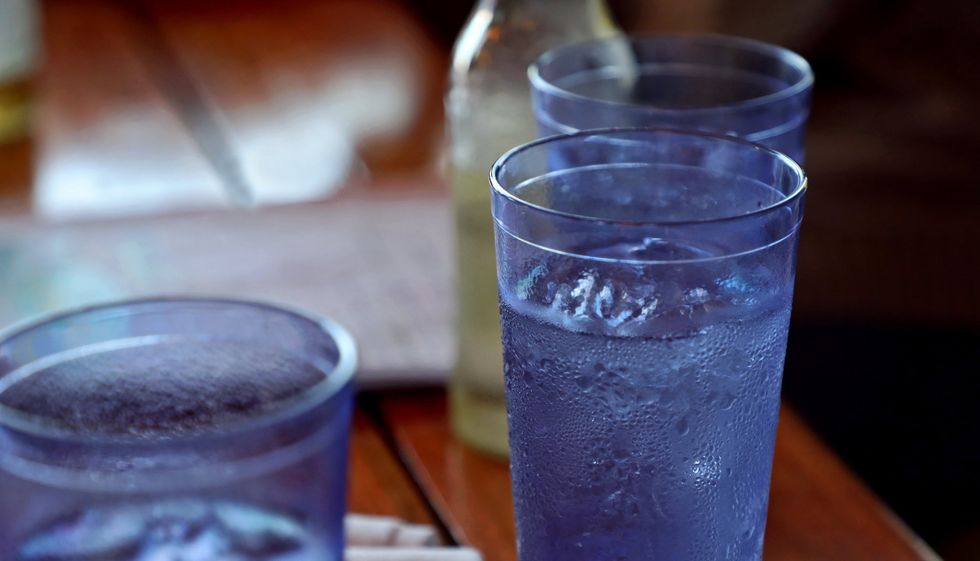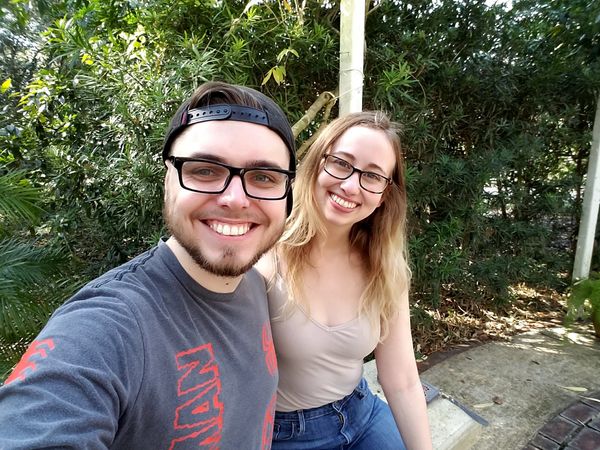On July 9th, Starbucks announced that all its stores would stop using plastic straws by the end of its fiscal 2019 (so near the end of January 2020). The company said it would begin using a straw-less lid that is currently in use for some iced drinks (and is derided by some as a sippy-cup lid). In the United Kingdom, Starbucks said it would launch a pilot program for charging 5 pence for disposable cups.
The company's efforts to reduce its environmental impact are noble. Estimates suggest its 28,000 stores go through one billion straws a year; their widely-recognized paper and plastic cups contribute even more to the 26-million-ton heap that flows into the ocean each year. Other companies followed suit; McDonald's put the issue to a vote, but only 8% of votes cast were in favor.
The business communities efforts to watch its externality output is not limited to the fast food industry, nor are they strictly self-imposed. Several municipalities, including Mount Pleasant, SC, have imposed bans on plastic bags, used most widely by grocers. The impact of these actions on the world's plastic pollution will be enormous.
But what will be the overall effect of plastic bans?
Environmentally speaking, plastic has a huge impact on wildlife; marine animals can suffocate on thin films and the sun's radiation disintegrates plastic's chemical fabric. But plastic is made of polymers, which do not have a significant impact on the health of animals, including humans. Some of these polymers might actually be beneficial to humans. Hospitals often use gloves with specific polymers because they reduce recovery time, if only by a few minutes.
Even considering the material that has not broken down, plastic pushback in Western countries makes little sense. Of the twenty most polluted rivers in the world, fifteen are in Asia, three are in Africa and two are in South America, the result of a century's industrialization and urbanization completed in only a few decades. By the most conservative estimates, these rivers pump 1.09 million tons of plastic into the oceans each year.
Banning plastic is a bad idea in and of itself, but it's even worse considering the alternatives to plastic most commonly used.
Metal straws, for example, are most commonly made from nickel or stainless steel, the extraction of which often involves acid seepage and the spewing of particulate matter into the air. Without plastic bags, shoppers will have to switch either to paper, which is, admittedly, more biodegradable and less polluting to manufacture or to reusable bags, commonly made from cotton.
The agriculture industry is one of the least environmentally-friendly, sucking up more water than any other category of use and creating fertilizer runoff that can upset the energy balance of ecosystems. The British government estimates that a cotton bag has to be used 131 times before the overall environmental impact matches that of ditching single-use plastic, an estimate that doesn't evaluate the reuse of plastic bags as trash can liners and the like.
City and state bans also have an unseen economic impact. Companies like Starbucks can easily comply with the dictates of elected officials, but smaller businesses may feel a bigger hit to their bottom lines.
A study from New York City found that bans on plastic, including styrofoam, would be the equivalent of a 94% tax on businesses.
This cost might lead companies to pay employees less, raise costs on products, spend less on advertising and equipment, or shut down entirely.
Starbucks' lead on the issue is particularly ironic. The company likes to promote itself as a force for good, but it is, at its core, a company. Its prime motive is the pursuit of greater profit, which is why it seems no longer willing to spend money on straws, why it is charging for cups and why it is recklessly self-aggrandizing in its new plastic policy.
Starbucks seemed extraordinarily reluctant to lend a helping hand when its host city, Seattle, levied a tax on Starbucks, Amazon and other large corporations to raise money to fight homelessness. The world's largest coffee company teamed up with the company that produced the richest man in the world to argue that it simply couldn't afford to give people living on the streets a place to crash for a few nights, and the tax was defeated a month later. Starbucks is no better at exemplifying moral leadership than it is at spelling common first names.
Banning plastic may seem like the easiest way to reduce our environmental footprint, but plastic bans are often just that: easy. Outright bans are blunt instruments that often end up pushing people from bad habits and lifestyles to worse ones. If governments and corporations want citizens to use less plastic, they should first give consumers better options, like paper products. Over time, market forces should compel paper to beat plastic; if not, companies can phase out plastic products.
This path is better for companies, for consumers and for the environment





 mr and mrs potato head
StableDiffusion
mr and mrs potato head
StableDiffusion










